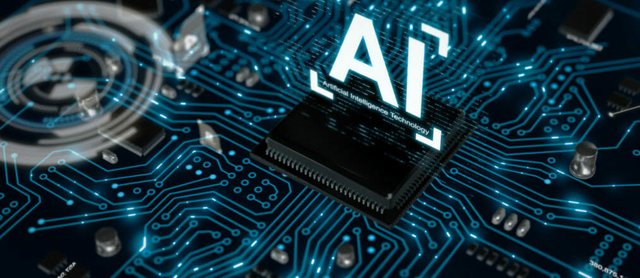Ai engineering
AI engineering involves the application of engineering principles to the design, development, and deployment of artificial intelligence systems. It encompasses a wide range of disciplines and practices to create AI solutions that are robust, scalable, and reliable. Here are some key aspects of AI engineering:
1. Key Components:
- Machine Learning (ML): A subset of AI that involves training algorithms to make predictions or decisions based on data.
- Deep Learning (DL): A type of machine learning that uses neural networks with many layers to analyze various types of data.
- Natural Language Processing (NLP): Enables machines to understand and interact using human language.
- Computer Vision (CV): Allows machines to interpret and make decisions based on visual inputs from the world.
2. Development Process:
- Data Collection and Preparation: Gathering and cleaning data to be used for training AI models.
- Model Training: Developing algorithms that learn from data.
- Model Evaluation: Assessing the performance of the AI model to ensure accuracy and reliability.
- Deployment: Integrating the AI model into a production environment where it can be used by end-users or other systems.
- Monitoring and Maintenance: Continuously monitoring the AI system to ensure it performs correctly and updating it as needed.
3. Tools and Frameworks:
- TensorFlow: An open-source library for numerical computation and machine learning.
- PyTorch: A library for deep learning that provides a flexible platform for research and production.
- Scikit-learn: A library for machine learning in Python, providing simple and efficient tools for data mining and data analysis.
- Keras: An API designed for human beings, not machines, making deep learning as accessible as possible.
4. Infrastructure:
- Computing Resources: High-performance CPUs, GPUs, and TPUs that handle the heavy computation required for training AI models.
- Cloud Platforms: Services like AWS, Google Cloud, and Azure provide scalable resources for AI development and deployment.
- Data Storage: Solutions for storing vast amounts of data, including databases and data lakes.
5. Ethics and Governance:
- Bias and Fairness: Ensuring AI systems do not perpetuate or amplify biases present in training data.
- Transparency: Making AI decision-making processes understandable to humans.
- Privacy: Protecting user data and ensuring compliance with regulations like GDPR.
- Accountability: Establishing clear responsibility and accountability for AI systems' actions and decisions.
6. Applications:
- Healthcare: AI is used for diagnostics, personalized medicine, and drug discovery.
- Finance: AI algorithms help in fraud detection, risk management, and algorithmic trading.
- Automotive: Autonomous vehicles and driver-assistance systems rely heavily on AI.
- Retail: AI enhances customer experience through recommendation systems, chatbots, and inventory management.
- Manufacturing: AI optimizes production processes, predictive maintenance, and quality control.
7. Career Roles:
- AI Engineer: Designs and develops AI models and systems.
- Data Scientist: Analyzes and interprets complex data to help companies make decisions.
- Machine Learning Engineer: Focuses on implementing machine learning algorithms and systems.
- NLP Engineer: Specializes in the application of natural language processing techniques.
- Computer Vision Engineer: Develops algorithms and systems for interpreting visual information from the world.
8. Challenges:
- Data Quality: Ensuring the data used for training is accurate and relevant.
- Scalability: Building AI systems that can handle large-scale data and computation.
- Integration: Seamlessly incorporating AI solutions into existing systems and workflows.
- Regulation: Navigating the evolving legal and regulatory landscape for AI technologies.
AI engineering is an interdisciplinary field that blends computer science, data science, and engineering to create intelligent systems capable of performing tasks that typically require human intelligence. It plays a crucial role in the advancement of technology and innovation across various industries.

Congratulations, your post has been upvoted by @upex with a 0.19% upvote. We invite you to continue producing quality content and join our Discord community here. Keep up the good work! #upex